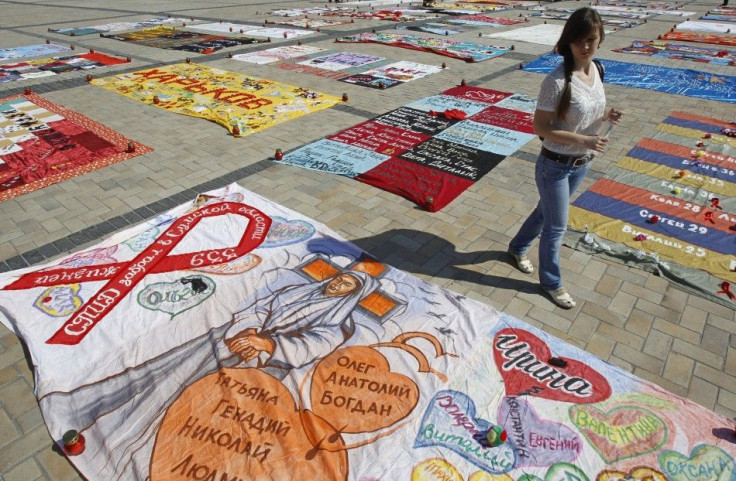Doctors: Vaccine may Reduce HIV to 'Minor Chronic Infection'

A vaccine called MVA-B that may be the most effective weapon so far against HIV has been reported by Spanish medical researchers.
The research team's members are Mariano Esteban of the National Biotechnology Center of CSIC, Felipe Garcia of Barcelona's Clinic Hospital and Juan Carlos Lopez Bernaldo de Quiros of Madrid's Gregorio Maranon Hospital.
MVA?B vaccine has proven to be as powerful as any other vaccine currently being studied, or even more, said Esteban.
MVA-B uses an attenuated virus, its virulence reduced, on the model of the smallpox vaccine.
The aim of the vaccine is to train the body's immune system to identify and learn how to fight and destroy the virus' components. It is like showing a picture of the HIV so that it is able to recognize it if it sees it again in the future. Our body is full of lymphocytes [white blood cells], each of them programmed to fight against a different pathogen. Training is needed when it involves a pathogen, like the HIV one, which cannot be naturally defeated, said Esteban.
The authors wrote that the latest trial's success in HIV-negative subjects means they will move on to testing it on HIV-infected participants. The trial used only healthy volunteers without HIV infection.
The results of the trial study are reported in the journals Vaccine and Journal of Virology.
In a trial involving 30 healthy volunteers, scientists found that 90 per cent of those who were given the MVA-B vaccine developed immunity against the virus and 85 per cent maintained this for a year.
If further trials go as hoped, scientists believe they may well have a vaccine that could turn HIV into a minor chronic infection, similar to herpes, which would only be a problem for people with compromised immune systems.
© Copyright IBTimes 2025. All rights reserved.





















